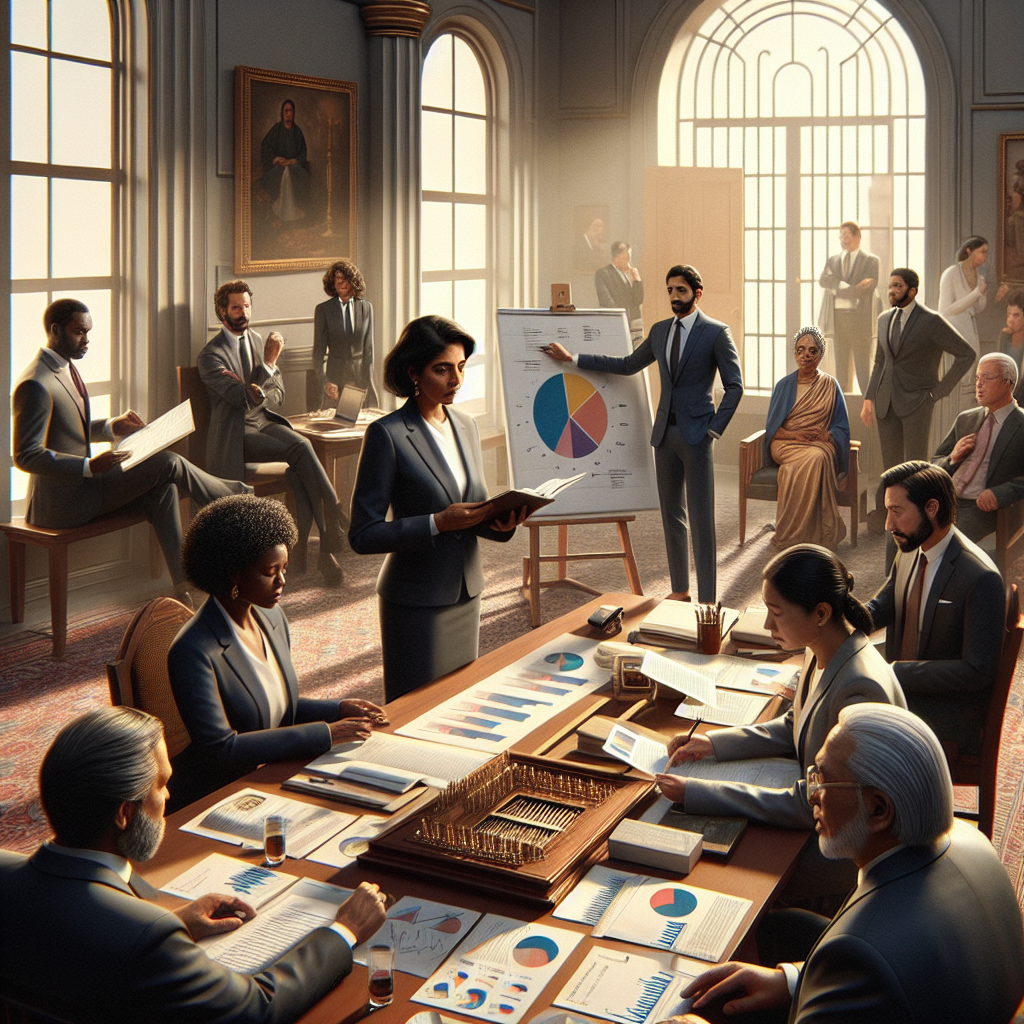Romania's Political Crossroads: Euroscepticism Versus Integration
In Romania's presidential election run-off, hard-right eurosceptic George Simion faces centrist Nicusor Dan. The election outcome could affect the economy and EU relations. Simion leads after a previous government collapse, while Dan promises anti-corruption efforts. The vote is crucial, with broader implications for EU unity.

Romanians are casting their ballots in a decisive presidential election run-off featuring an intense contest between George Simion, a hard-right eurosceptic, and Nicusor Dan, a centrist independent. The election's outcome holds potential consequences for Romania's fragile economy and its integration within the European Union.
Simion, a 38-year-old nationalist critical of European Union policies, led the initial election round, causing the collapse of a pro-Western coalition government. This political shift has resulted in significant capital outflows, destabilizing the economy further. His platform includes opposing military aid to Ukraine and aligning with a more isolationist stance.
On the opposing side, Bucharest Mayor Nicusor Dan emphasizes a staunch pro-EU and pro-NATO stance. Dan, 55, prioritizes reducing corruption and maintaining support for Ukraine, citing security concerns over an increasing Russian threat. With his slight lead in recent opinions polls, Dan's victory could bolster Romania's ties with European allies and reassure foreign investors.
(With inputs from agencies.)






